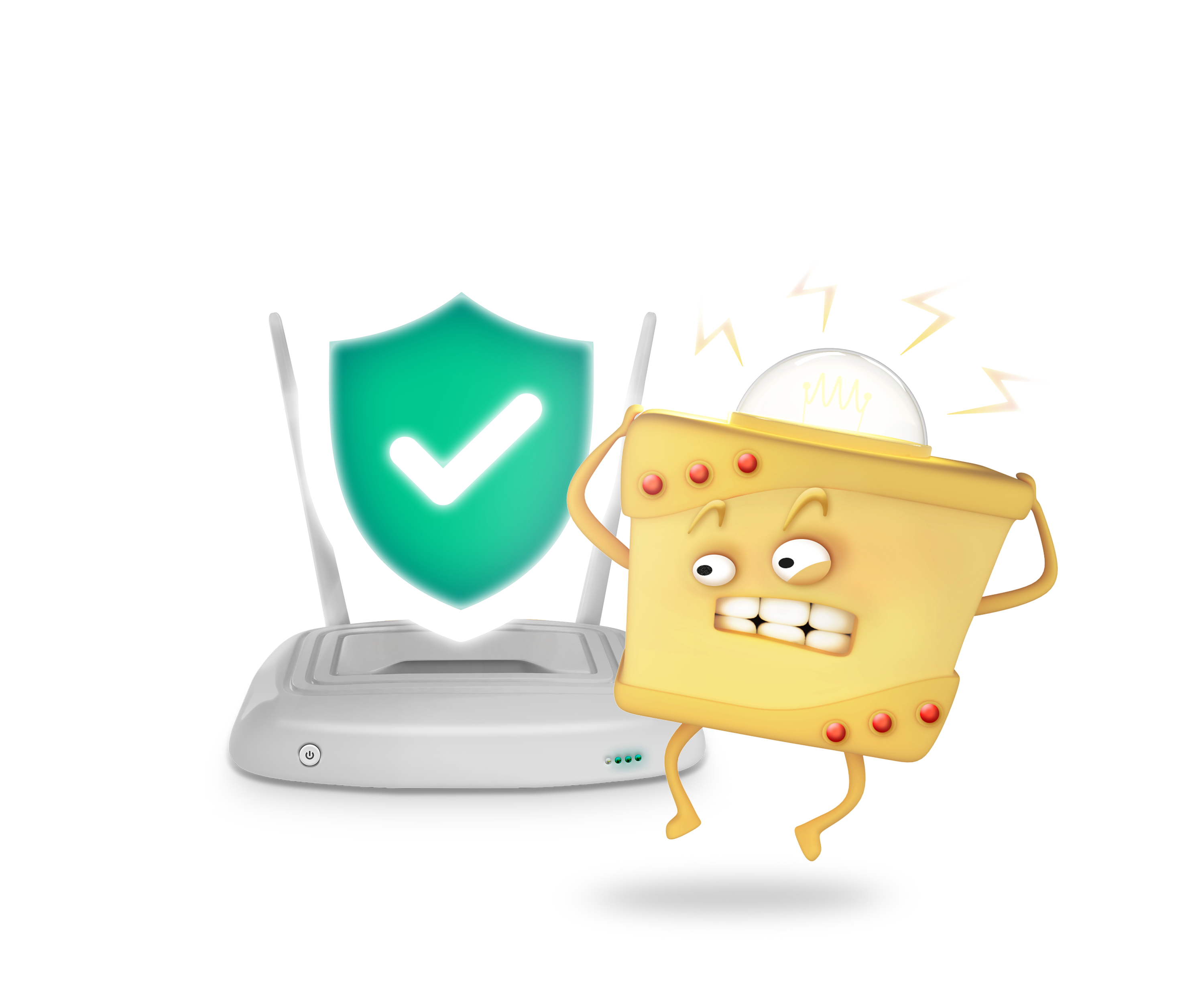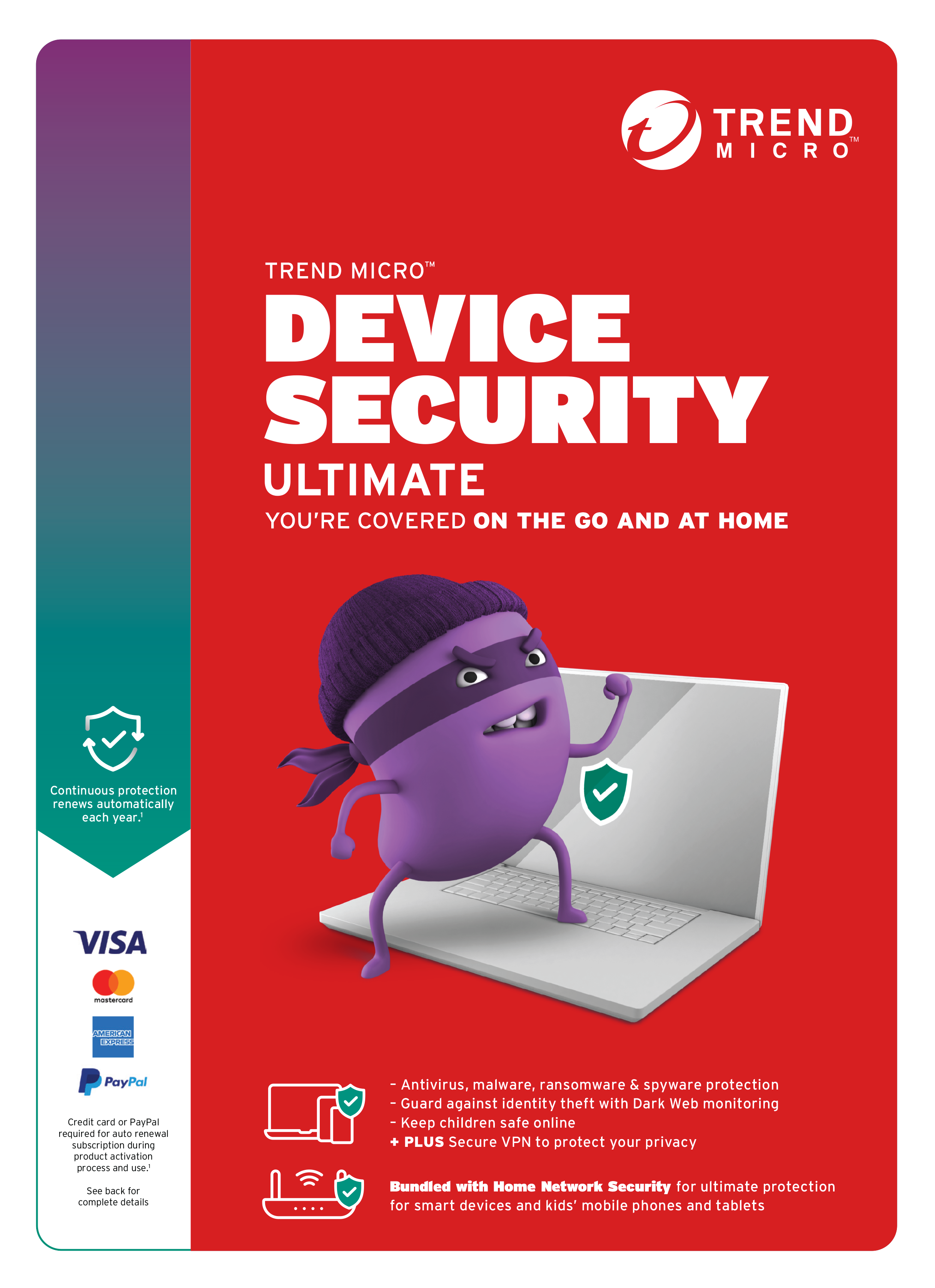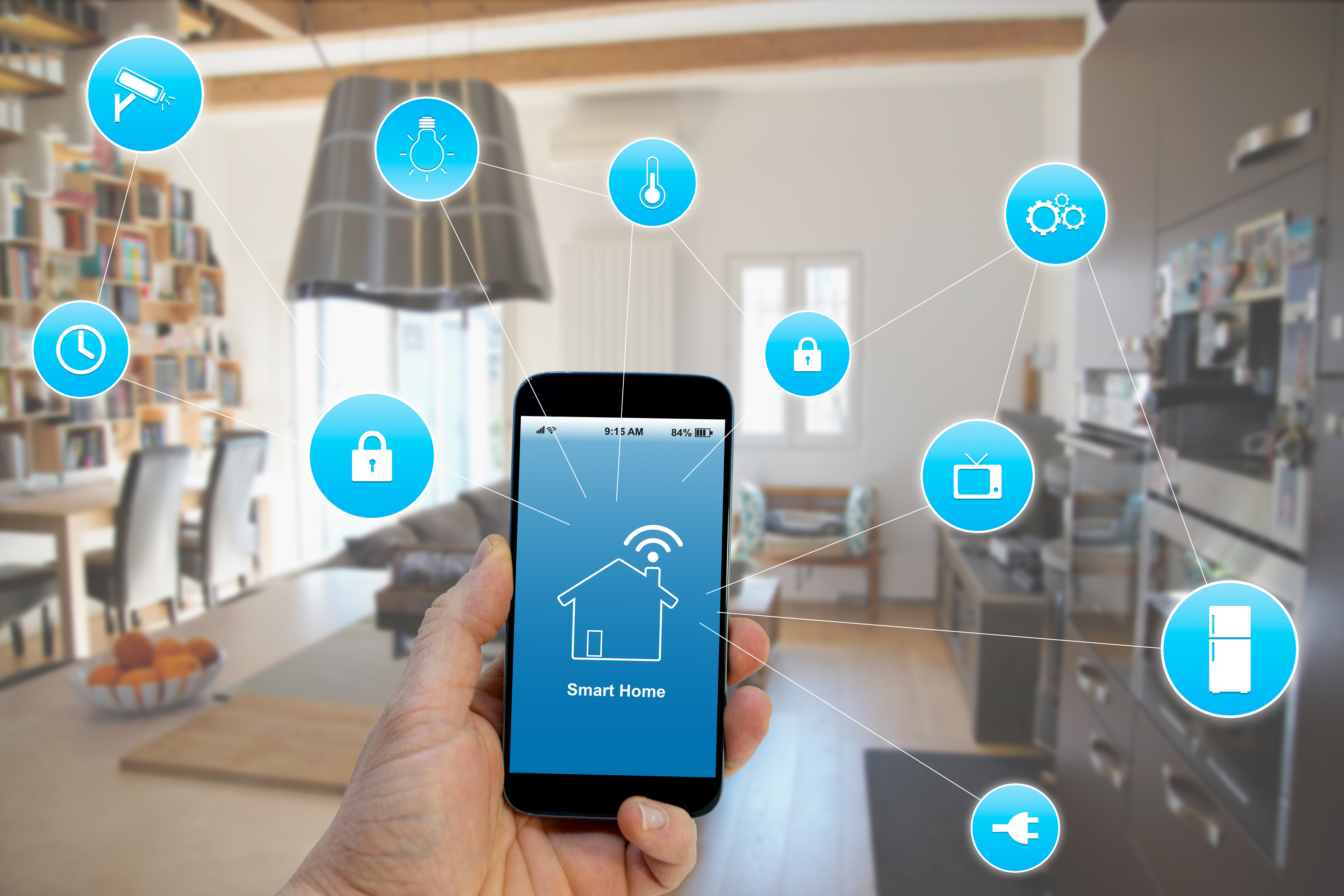
Home Security Products
Mobile & Home Products:
Technical Support Services:

A smart home is any home that uses smart devices or appliances that connect to the internet. These devices can range from the traditional types such as computer and mobile phones, to devices such as TVs, gaming consoles, light bulbs and cameras. What makes a smart device different to a standard fridge or TV remote in your home is that these devices are connected to the internet through your home network router or a mobile phone. They can also collect and store data about you.
The more smart devices there are in your home, the greater the number of potential targets for hackers. Devices could be hijacked if attackers manage to guess or crack the passwords protecting them, or exploit flaws in the underlying software (firmware) that runs them. This is made easier because some devices don’t require a user to install a password; they simply run with an easy-to-guess factory default.
There are three main risk types facing the smart home:1. Physical danger
Devices could be remotely controlled by attackers to watch the family. For example, by hijacking feeds from smart security cameras, or other sensors around the house such as smart door and window locks, burglars could work out when the property is empty.
2. Data loss
These same devices are also a potential gateway into the home network, which could allow hackers to grab passwords for your key online accounts like banking and email. Any data they collect on you can be sold on the dark web and used for future identity fraud. The router is in many ways the digital gateway to your smart home — the place where all your internet traffic passes through. That makes it particularly vulnerable to these kinds of attacks.
3. Hijacked devices becoming botnets
Your smart home gadgets and router could be hijacked and remotely controlled. Not to install ransomware or steal data from your family, but to use in attacks on others and do the bidding of hackers.

Protect every smart device in your home – including game consoles, smart TVs and security cameras, with Trend Micro Device Security Ultimate.
- Protect your home network to prevent hackers accessing your smart devices
- Block malicious websites to prevent data breaches
- Scan your smart devices to check for vulnerabilities
- Disconnect unwanted devices by pausing the internet for unknown devices on your network
- Protection for PC, Mac, tablets and mobile phones against viruses, malware, ransomware and more
- Dark web monitoring to help fight identity theft
- Password Manager to secure your passwords
- Parental Controls to keep kids safe online
- VPN for privacy
- 24/7 support


What is a smart home?
A smart home is any home that uses smart devices or appliances that connect to the internet. These devices can range from the traditional types such as computer and mobile phones, to devices such as TVs, gaming consoles, light bulbs and cameras. What makes a smart device different to a standard fridge or TV remote in your home is that these devices are connected to the internet through your home network router or a mobile phone. They can also collect and store data about you.
What are the risks to a smart home?
The more smart devices there are in your home, the greater the number of potential targets for hackers. Devices could be hijacked if attackers manage to guess or crack the passwords protecting them, or exploit flaws in the underlying software (firmware) that runs them. This is made easier because some devices don’t require a user to install a password; they simply run with an easy-to-guess factory default.
There are three main risk types facing the smart home:
1. Physical danger
Devices could be remotely controlled by attackers to watch the family. For example, by hijacking feeds from smart security cameras, or other sensors around the house such as smart door and window locks, burglars could work out when the property is empty.
2. Data loss
These same devices are also a potential gateway into the home network, which could allow hackers to grab passwords for your key online accounts like banking and email. Any data they collect on you can be sold on the dark web and used for future identity fraud. The router is in many ways the digital gateway to your smart home — the place where all your internet traffic passes through. That makes it particularly vulnerable to these kinds of attacks.
3. Hijacked devices becoming botnets
Your smart home gadgets and router could be hijacked and remotely controlled. Not to install ransomware or steal data from your family, but to use in attacks on others and do the bidding of hackers.

How to protect your smart home?
Protect every smart device in your home – including game consoles, smart TVs and security cameras, with Trend Micro Device Security Ultimate.
- Protect your home network to prevent hackers accessing your smart devices
- Block malicious websites to prevent data breaches
- Scan your smart devices to check for vulnerabilities
- Disconnect unwanted devices by pausing the internet for unknown devices on your network
- Protection for PC, Mac, tablets and mobile phones against viruses, malware, ransomware and more
- Dark web monitoring to help fight identity theft
- Password Manager to secure your passwords
- Parental Controls to keep kids safe online
- VPN for privacy
- 24/7 support